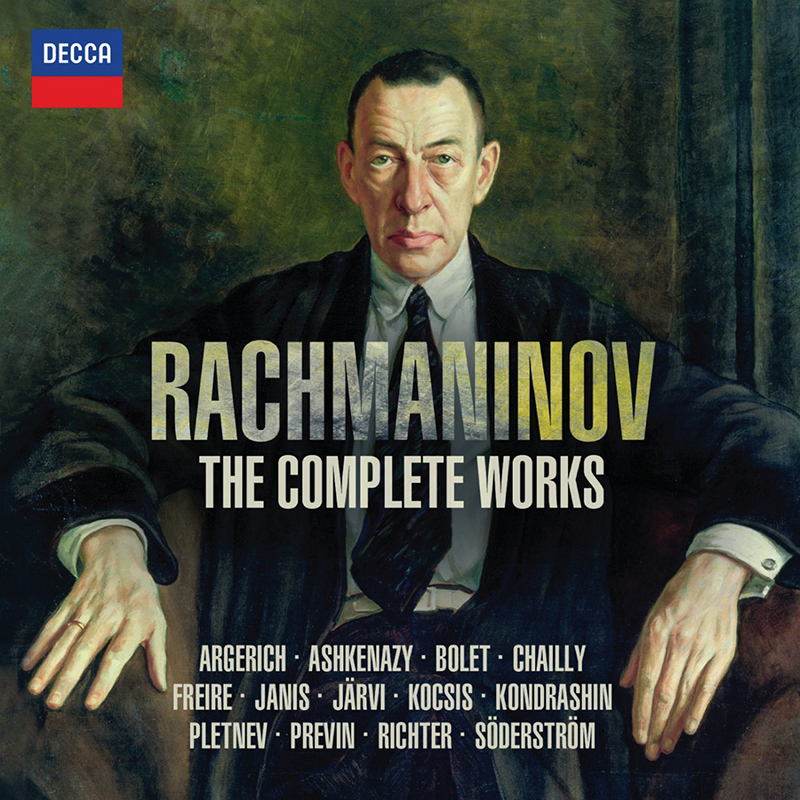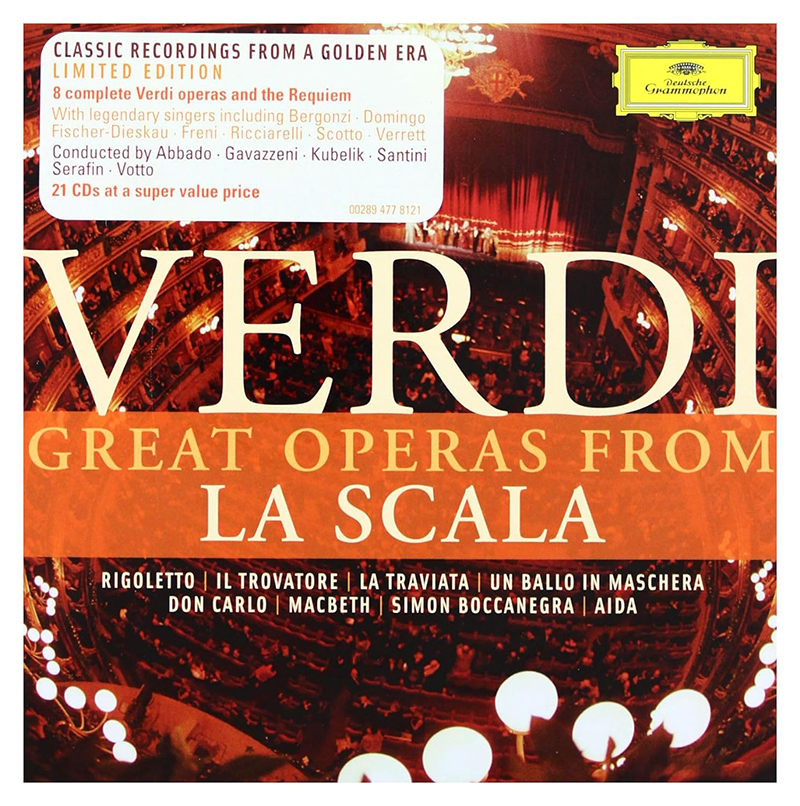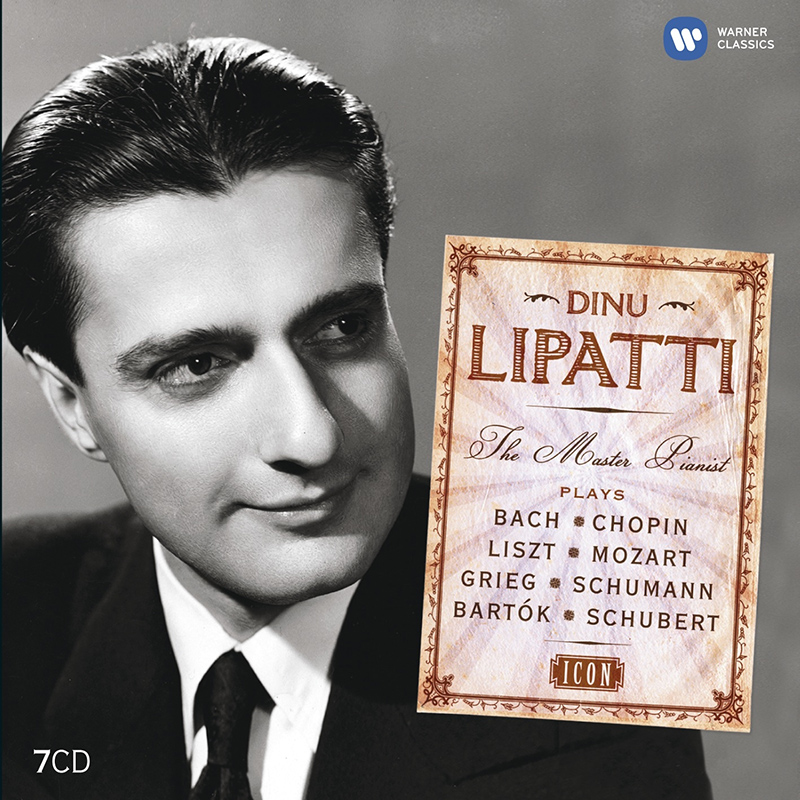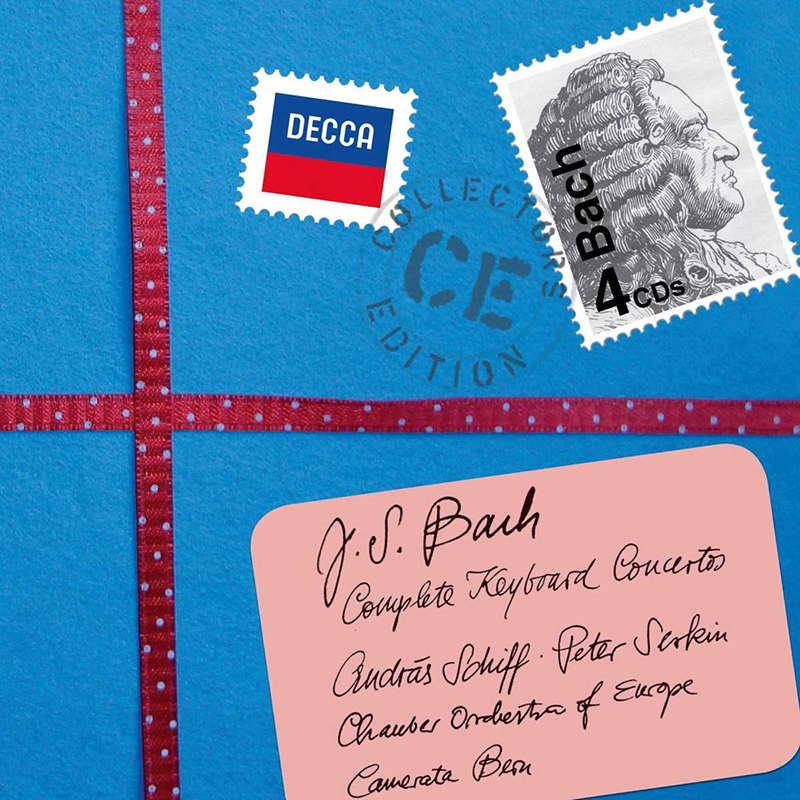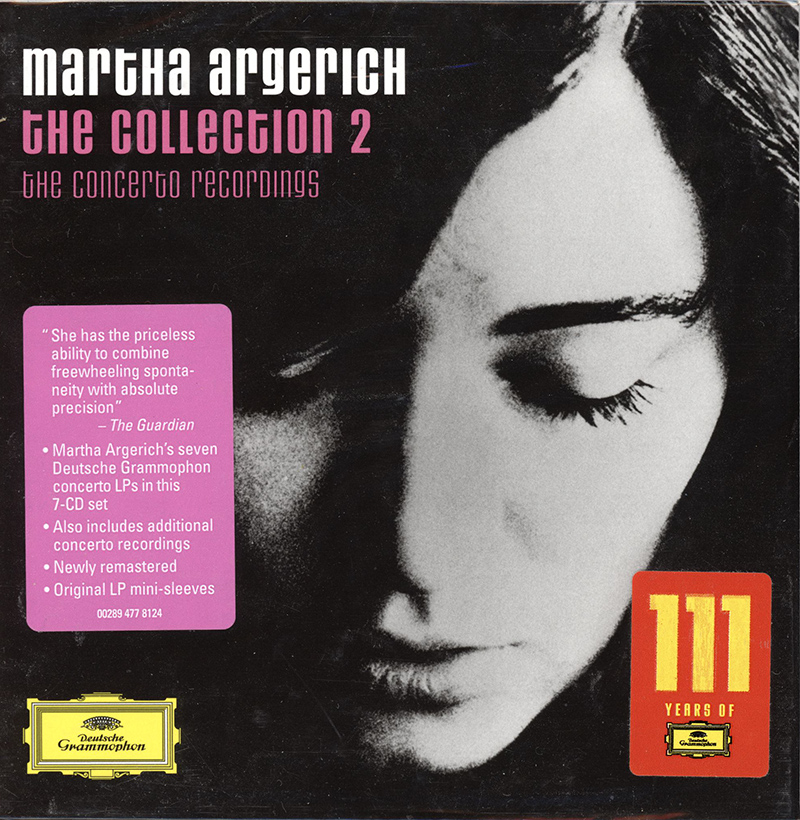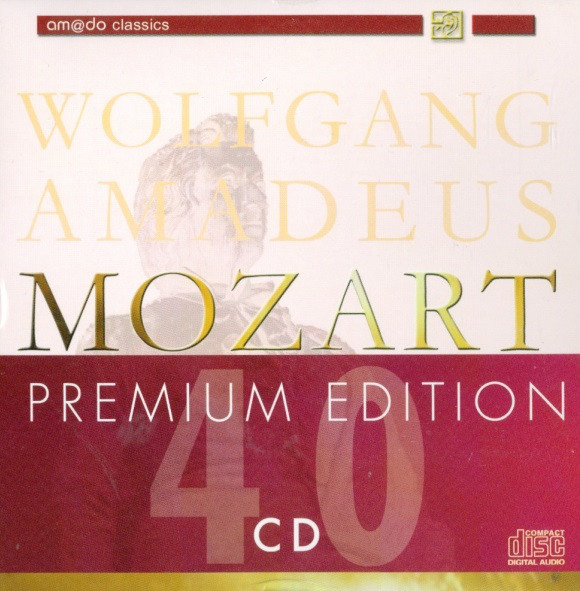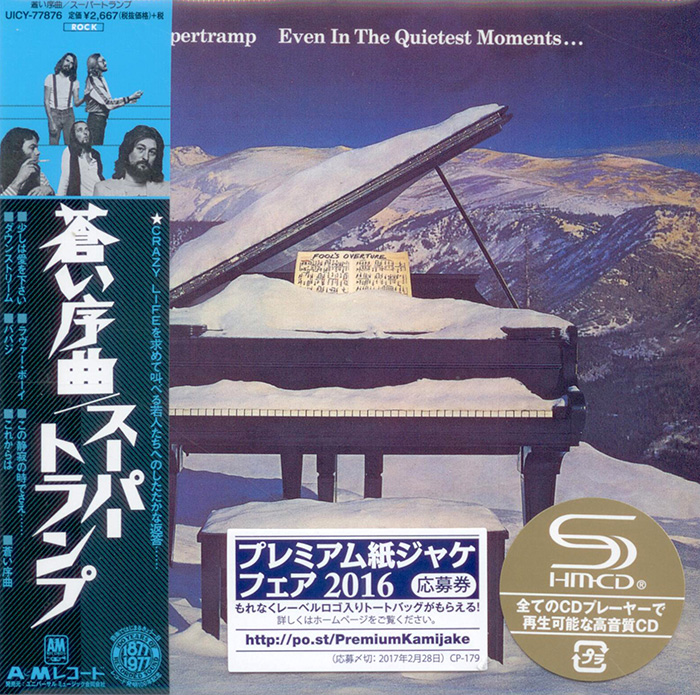Logowanie
KOLEKCJE!
BACH, CHOPIN, LISZT, MOZART, GRIEG, Dinu Lipatti, Otto Ackermann, Ernest Ansermet
The Master Pianist
PROKOFIEV, CHOPIN, TCHAIKOVSKY, SCHUMANN, BEETHOVEN, Martha Argerich, Claudio Abbado, Giuseppe Sinopoli
The Concerto Recordings
The Collection 2
Jakość LABORATORYJNA!
ORFF, Gundula Janowitz, Gerhard Stolze, Dietrich-Fischer Dieskau, Deutsche Oper Berlin, Eugen Jochum
Carmina Burana
ESOTERIC - NUMER JEDEN W ŚWIECIE AUDIOFILII I MELOMANÓW - SACD HYBR
Winylowy niezbędnik
ClearAudio
Essence MC
kumulacja zoptymalizowana: najlepsze z najważniejszych i najważniejsze z najlepszych cech przetworników Clearaudio
Direct-To-Disc
PIAZZOLLA, ChamberJam Europe
Tangos del Ángel y del Diablo
Direct-to-Disc ( D2D ) - Numbered Limited Edition
Supertramp
Even In The Quietest Moments
Edycja kolekcjonerska, limitowana - kartonik mini LP
AllMusic Review by Stephen Thomas Erlewine [-]
The title of Even in the Quietest Moments... isn't much of an exaggeration -- this 1977 album finds Supertramp indulging in some of their quietest moments, spending almost the album in a subdued mood. Actually, the cover photo picture of a snow-covered piano sitting on a mountain gives a good indication of what the album sounds like: it's elegant yet mildly absurd, witty but kind of obscure. It also feels more pop than it actually is, despite the opening single, "Give a Little Bit," their poppiest song to date, as well as their biggest hit. If the rest of the album doesn't boast another song as tight or concise as this -- "Downstream" comes close but it doesn't have the same hook, while "Babaji," a pseudo-spiritual moment that falls from the pop mark; the other four tracks clock in well over six minutes, with the closer, "Fool's Overture," reaching nearly 11 minutes -- it nevertheless places a greater emphasis on melody and gentle textures than any previous Supertramp release. So, it's a transitional album, bridging the gap between Crime of the Century and the forthcoming Breakfast in America, and even if it's not as full formed as either, it nevertheless has plenty of fine moments aside from "Give a Little Bit," including the music hall shuffle of "Loverboy," the Euro-artiness of "From Now On," and the "Fool on a Hill" allusions on "Fool's Overture."

Płyty SHM-CD do odtworzenia we wszystkich typach czytników CD oraz DVD. Gwarantują niespotykaną wcześniej analogową jakość brzmienia, odwzorowują wszystkie walory taśmy-matki. Zdaniem specjalistów - ten nośnik i ta technologia najlepiej - bo natywnie, przenosi na krążek CD wszystkie walory nagrania analogowego.
